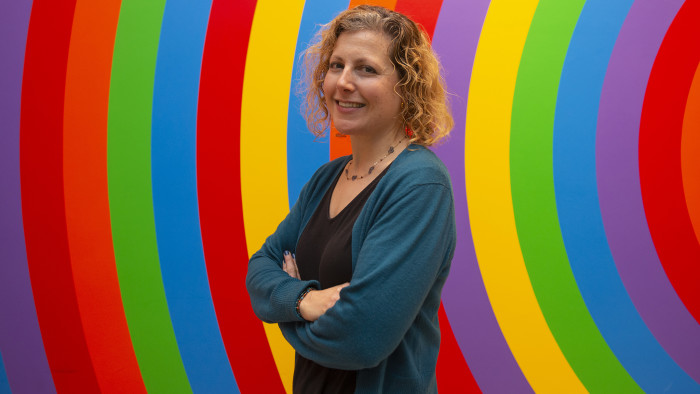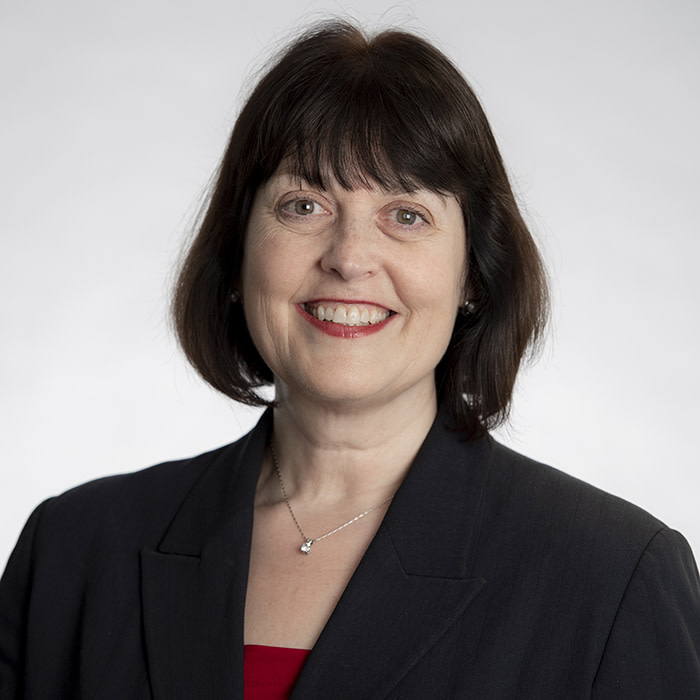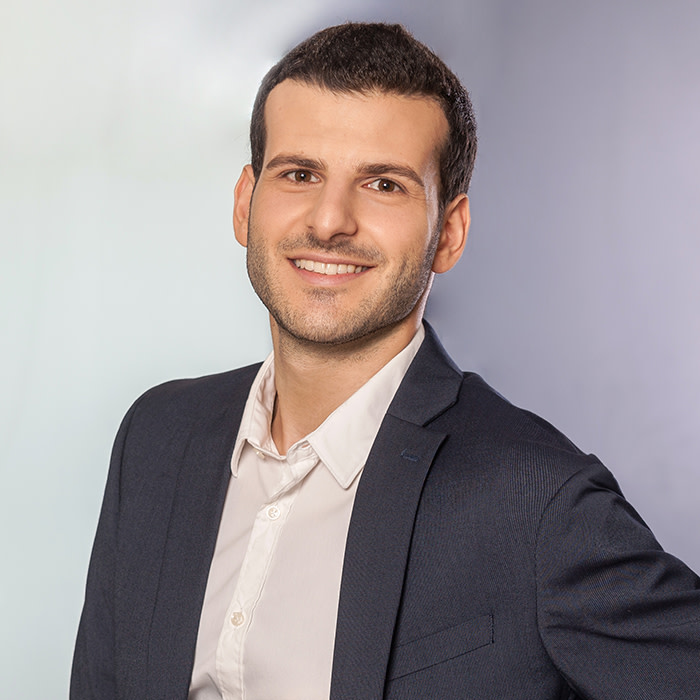Why MBA networking matters — and how to make it work for you

Roula Khalaf, Editor of the FT, selects her favourite stories in this weekly newsletter.
Abigail Kies, director of career development at Yale, reassures MBA students who are nervous about networking with a story of her own. Shortly after completing her MBA 20 years ago, Kies was considering a career in retail. She wrote to a school alumnus who was chief executive of a big retailer, asking if he would talk to her briefly about his career path and the industry.
“A week later I got a call and we ended up speaking for 45 minutes,” she says. When she asked why he had replied, he told Kies, “no one wants to talk to me any more, everyone’s afraid of me now”.
The opportunity to build a professional network is a big attraction for prospective MBA students who are planning their career. Classmates and alumni networks have traditionally been invaluable resources, but now tech is also being used to help graduates find connections.
The classroom is the place to start. “The MBA is an intense experience,” says Patricia Keener, head of London Business School’s career centre. “It opens people’s minds. You’re put into small study groups and work closely together — that builds a really strong bond.”
Eliran Ben David grew up in Israel. His MBA was a chance to move abroad, meet new people and switch his career from corporate law to technology. “Doing an MBA connects you all of a sudden with people from different backgrounds — it helps to build a network that is very diverse,” he says.
He plans to stay in touch with his classmates and alumni after the course: “Knowing I have someone in every country in the world almost, to reach out to, is amazing.”


Ben David says alumni are also a useful resource. Over coffee at a student-alumni event, he discovered more about the companies alumni work for. This led to an internship at Amazon while studying for his MBA. He even sought help from alumni at the ecommerce giant during his time working there to help with snags. “The culture encourages support between alumni and students,” he says.
Alumni remember what it is like to be an MBA student, says Keener, and are very happy to help. Kies adds that some people, no matter how high up in an organisation, really enjoy giving advice.
MBA graduate Aashna Gupta agrees. “Everyone who has done an MBA understands the importance of networking to help you develop your professional career,” she says.
Gupta worked for start-ups, Google and in venture capital in India before doing an MBA at Yale. She wanted the course to help her break into technology investment so she targeted alumni who had followed a similar path.
She was struck by the warm welcome she received and kept her contacts updated about her progress on the course. When she graduated, Gupta’s connections introduced her to their companies so she could inquire about potential opportunities. “Before business school I had the idea of networking being inauthentic, but then you’re surrounded by smart people from interesting backgrounds. That helped to demystify it — it’s just building connections and getting to know people,” Gupta says.


The Yale network gave Gupta the confidence to then tap into other resources. Schools also help to leverage wider networks by inviting employers to meet students at events. They also offer guidance and support on how to network.
“Most job switches today depend on networking,” says Kies. “So much of hiring now is based on how well you have researched the company, how much you know, how curious you are — a lot of that comes through networking.”
Kies tells students to think about their goals first, and then contact people to find out more about different career paths, leveraging their Yale connections but also those with previous schools and companies they have worked for.
The emphasis should be on relationship-building, rather than seeing it as a transaction. “Even once you have a job, you may want to connect with them . . . Think of it as a long-term process — you’re building your professional network,” says Kies.
Reach out to people because the worst they can do is say no, says Gupta. “So many people I wrote to said they don’t get asked enough,” she says. “It’s about establishing genuine connections through shared interests, and being interested to hear about the other person’s journey.”
Students should also consider what they are bringing to the conversation, says Kies. “Even if the person is very senior, there is usually something you can offer — it could be as simple as sharing experience of being an MBA student today, compared with when they were at school.”
Gupta has become an expert at sending a brief introductory message on LinkedIn (“like your elevator pitch”) and asking for “coffee chats” — a short, 10- to 15-minute meeting or phone call. “Do your diligence on the person,” she adds. “For me, the best chats have been when the other person spoke for 80 per cent of the time.”
Keener reminds students not to forget about the follow-up message. “If somebody recommends you speaking to someone else, remember to say thank you to that first person and keep them in the loop with what happens.”
Technology has made it much easier for students to find and access their networks.
LinkedIn is like a library of potential contacts, says Keener, and an easy way to find people and make initial connections — but more of a means to an end.
Alain Goudey, chief digital officer at Neoma Business School in Paris, has used technology to create an online network specific to the school. The external platform, Human Roads, pulls data from school records and online profiles of students and alumni, to give an up-to-date picture of their career trajectories. It also reveals patterns and trends in job placements.
“Students who don’t know what to do after their MBA can dig into the database and identify what jobs, sectors, countries the school’s alumni are in right now. They can look at each profile and arrange meetings,” says Goudey.
The value of applications such as Human Roads is to help connect people, adds Goudey, but it should not replace face-to-face meetings.
Keener agrees. “It’s still about that personal relationship that you build. Technology doesn’t replace the human touch, and what it takes to build a connection.”
This article has been updated since publication to correct the spelling of Mr Ben David’s name
Comments